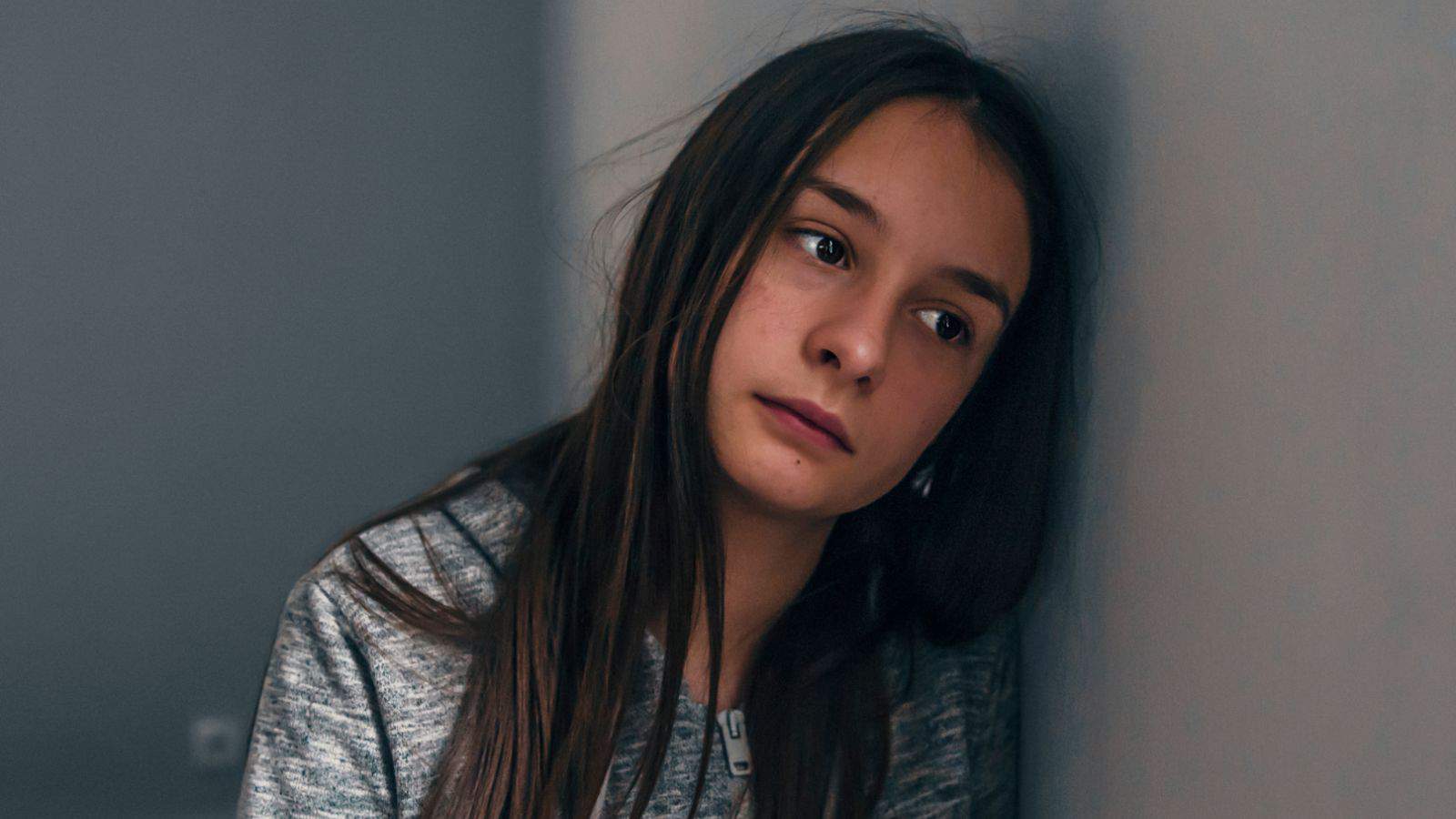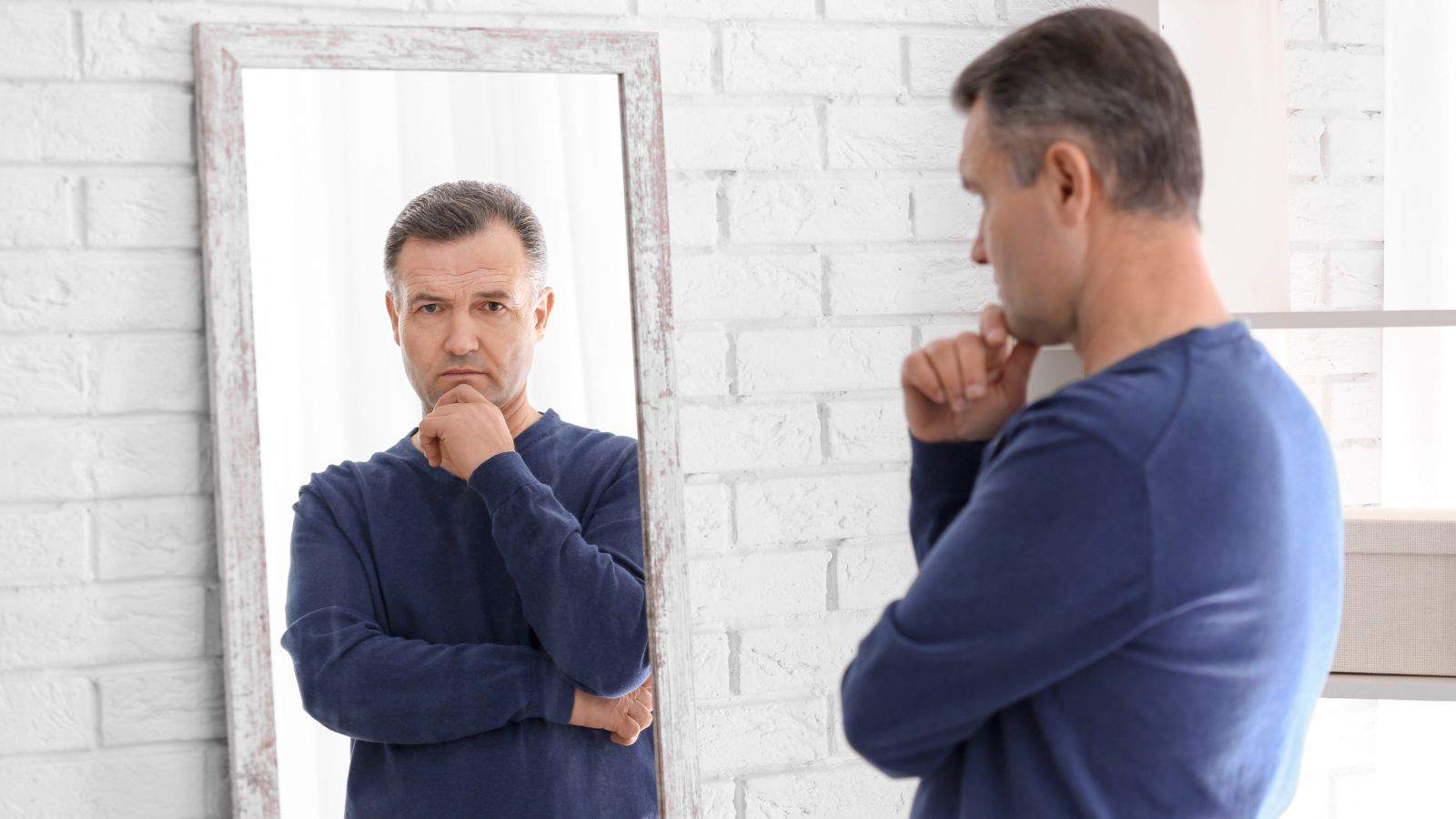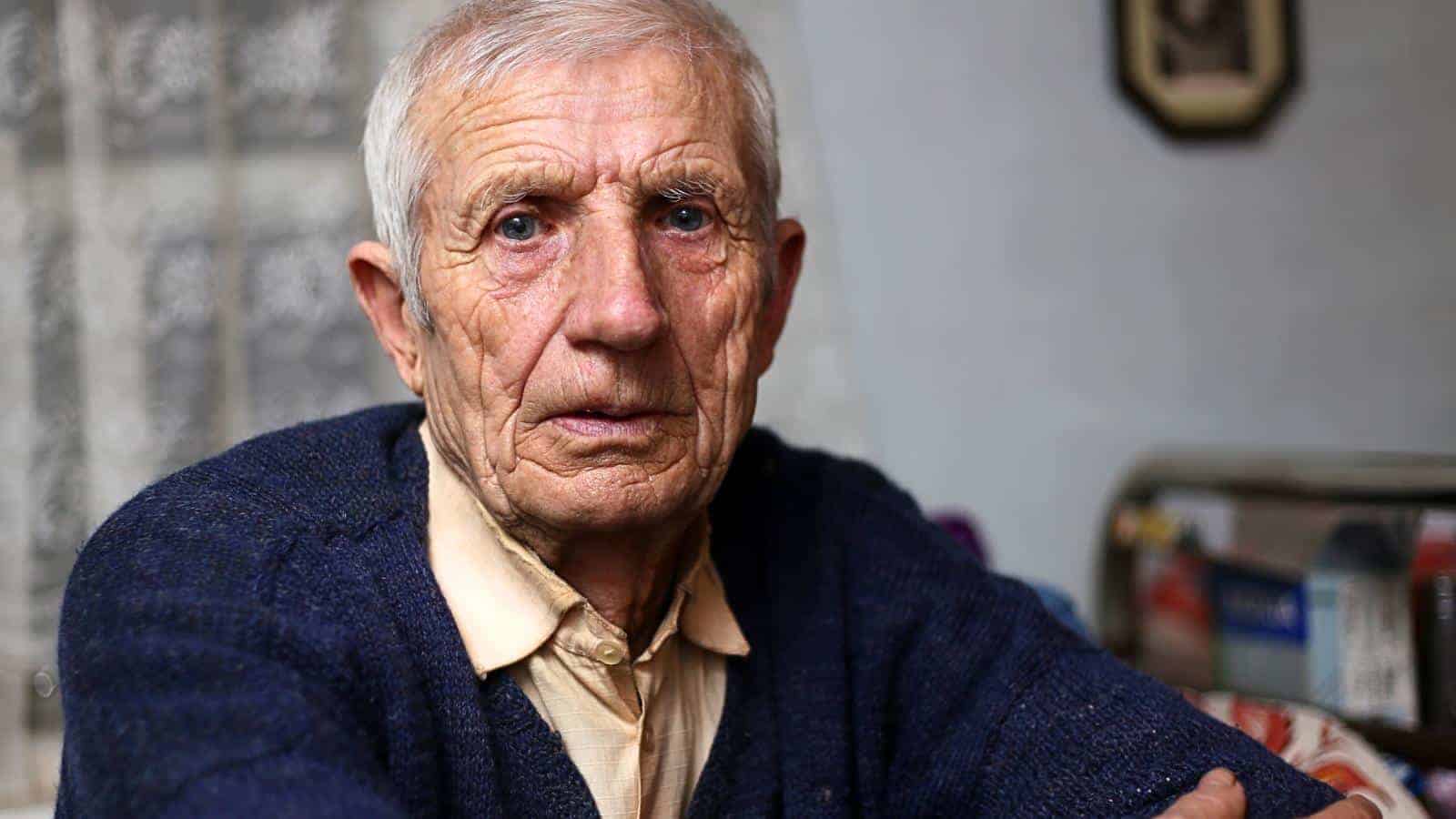Single-parent families have it tough, and the lack of a father figure in these situations can have lasting effects. Someone’s father may have abandoned the family, passed away, or simply never been present, resulting in the following 20 adult traits found in people who grew up without their father.
Risk-taking

Some people who grew up in a one-parent home might engage in higher risk-taking behaviors as a way of coping with emotional stress, such as gambling, substance abuse, and unprotected sex. These kinds of risky behaviors, according to the BBC, affect not only the person negatively but also their loved ones.
Being an introvert

Growing up in a one-parent family may lead some to find comfort in being alone and avoiding the complexities of social interactions. This preference for solitude can affect social skills and relationship-building in adulthood, leading to extreme loneliness and depression.
Overcompensation when parenting

Sometimes, people who grew up without a father can try to overcompensate for this in their parenting, aiming to provide for their children what they felt was lacking in their own childhood. There are many pressures and challenges to face in parenthood, and trying to be perfect is just setting unrealistic goals.
Being a control freak

When a child has no control over whether or not they have two parents, they can develop a strong desire to control environments and situations as a means of gaining a sense of security. This need for control can strain adult relationships, particularly if it limits the autonomy of partners or children.
Searching for a role model

Growing up without a father figure can lead one to subconsciously search for mentorship and guidance as a substitute for paternal advice. This can influence one’s decision-making and life choices, leading one to make decisions based on one’s mentor rather than what one might want.
Reluctant to show weakness

The absence of a supportive father figure can lead to a reluctance to show weakness, as individuals may feel they must always appear strong. In adulthood, the long-term effects of this emotional repression can start to show in stress, anxiety, and relationship difficulties.
Being cautious of new people

Growing up without a father can make individuals cautious in relationships and slow to trust new acquaintances, potential partners, or friends, as they are always waiting to be let down. This kind of stand-off, cautious approach can affect the depth and progression of relationships over time.
Difficulty expressing needs

Children from a one-parent family can face challenges in expressing their needs and desires, often stemming from a fear of rejection, which Psych Central explains is one of our deepest human fears. If this behavior is not dealt with, it can impact both personal relationships and professional advancement in later life.
Heightened independence

Growing up without a father often leads to self-reliance at an early age, as these individuals learn to navigate challenges without paternal guidance. With that may come a heightened sense of autonomy and independence, which can develop as a coping mechanism in the absence of a father figure.
Seeking approval

Some people who have grown up without a father figure may find themselves seeking validation from older male figures as a substitute for paternal approval. This behavior can negatively impact relationships in adulthood, potentially leading to dependency issues and overstepped boundaries.
Not trusting easily

The absence of a reliable father figure can cause trust issues, especially with men. These issues may affect relationships with male figures in later life, as they can bring about a fear of abandonment. This lack of trust ultimately stems from the absence of a father and is difficult to work through.
Strong relationship with mother

In the absence of a father, individuals may develop stronger bonds and dependency on their mothers or other maternal figures. The dynamic of a single-parent family can strengthen maternal relationships greatly, but in turn, it can also impact one’s independence and decision-making skills.
Paralyzing self-reflection

A lack of paternal guidance throughout childhood can lead individuals to engage in excessive self-reflection as they try to understand their place in the world. Forbes notes that overanalyzing decisions and life choices like this can lead to ‘analysis paralysis,’ which can actually prevent decisive action and lead to missed opportunities.
Emotionally reserved

Growing up without a father can lead some people to develop a reserved or guarded nature, often as a protective measure. These individuals may face challenges in expressing their emotions and struggling to show vulnerability in intimate relationships.
Highly resilient

Growing up without a father may lead one to develop a highly resilient backbone, helping them to handle the challenges of life with strength. Whilst this is positive for character-building, it’s unnatural for a child to have to be so resilient, potentially leading to the person growing emotionally numb as an adult.
Being clingy

The absence of a father figure in childhood can lead to insecure or anxious attachment styles, where individuals may show clinginess or a fear of separation in relationships. Sadly, these attachment issues can complicate or strain intimate partnerships and friendships unless they are addressed with awareness and therapy.
Early responsibility

Children who grow up without a father will often take on adult responsibilities before their time, which can impact their childhood and adolescent experiences. The long-term stress and pressure that come with hyper-responsibility can affect mental and physical health in adulthood, once again creating the sensation of losing their childhood.
Leadership tendencies

Some people may compensate for their father’s absence by adopting leadership roles early in life. Learning early on to handle such adult responsibilities can lead to the skills necessary to guide others, although whilst Harvard Business Review notes that these are essential leadership skills, it can leave someone feeling robbed from their childhood.
Favoring non-traditional families

Individuals from single-parent homes might grow to question or reject traditional family roles and dynamics. Instead, they may advocate for more flexible, modern family structures, as their early experiences have shaped their ideals in later life, especially regarding the necessity of a father figure.
Need to achieve

Finally, many people who grew up without their father can develop a higher drive to achieve as compensation for what they missed out on during childhood. They may pursue professional or academic success as a form of external validation, substituting this for the parental approval that they didn’t receive in childhood.
Up Next: 19 Things Men Want To Avoid As They Get Older

19 THINGS MEN WANT TO AVOID AS THEY GET OLDER
18 U.S. Cities Americans Say Are the Best to Live In

18 U.S. CITIES AMERICANS SAY ARE THE BEST TO LIVE IN
17 Most Common Reasons Men Break Up With Women

